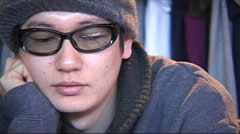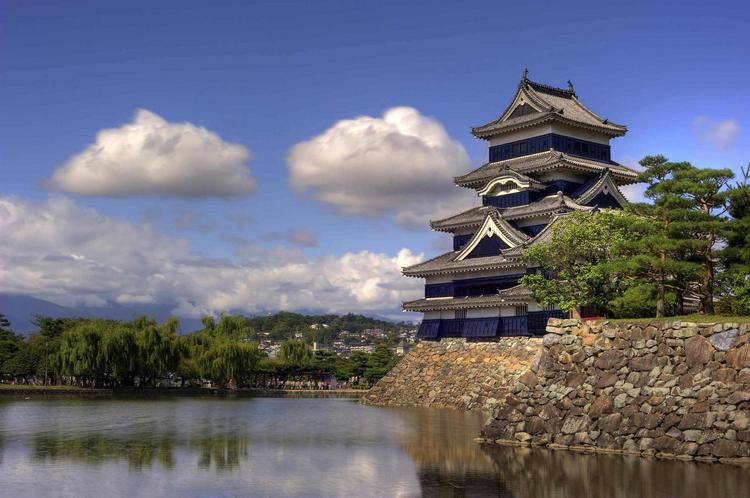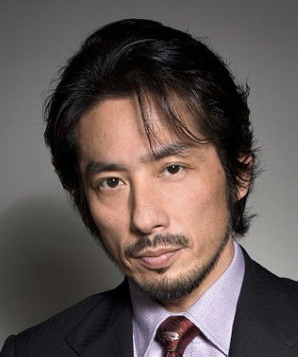have released
BORN EARLIER, Sensei
 Who do you think this is? “Born before” preserves the wisdom of generations and transfers it to others. They go to him for advice. He is respected and loved. This is as important a person as parents, and sometimes more important. Guessed?
Who do you think this is? “Born before” preserves the wisdom of generations and transfers it to others. They go to him for advice. He is respected and loved. This is as important a person as parents, and sometimes more important. Guessed?
Of course, this is a teacher, and in Japanese – sensei.
By default, we translate this word as “teacher, teacher,” but for the Japanese it contains a whole world of relationships built on respect, reverence and love. Parents give life, and Sensei teaches us how to live. Even in the fairly recent past, many noble Japanese tried to give their children to teachers and mentors early, so that children could learn the wisdom of life earlier. The mentor became the second father. If there weren’t those who were “born earlier”, then there wouldn’t be all that we have now, that’s why the Japanese treat Sensei with reverence, catch Continue reading
BONSAI: UNIVERSE IN TREE
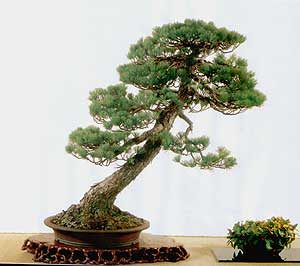 In the East, trees, herbs, and flowers are worshiped as living beings. They conduct confidential conversations with them, as with close friends. They are idolized. Monuments are erected to beloved plants when their life suddenly ends. It has been so since ancient times. Previously, they asked for wind and rain not to break trees. In ancient chants they prayed for an extension of the instant of flowering.
In the East, trees, herbs, and flowers are worshiped as living beings. They conduct confidential conversations with them, as with close friends. They are idolized. Monuments are erected to beloved plants when their life suddenly ends. It has been so since ancient times. Previously, they asked for wind and rain not to break trees. In ancient chants they prayed for an extension of the instant of flowering.
Trees in the East are perceived as beings standing on a par with humans, and they tend to experience the same feelings. The Buddhist idea that everything has a soul and can be reincarnated into anything it attracts to contributes to this understanding of the world.
A man is connected with trees by family ties. All these are phenomena of a single essence, as Zentika tells about it in the play “Basho”, or “Banana Tree”:
The East, permeated with symbolism associated with plants, sometimes well-known, never ceases to Continue reading
JAPANESE GARDENS WITH THE EYES OF A JOURNALIST
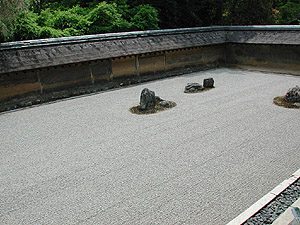 The famous rock garden of the Ryoanji Monastery in Kyoto. Japanese gardens do not bear material fruit. Their purpose in another is to awaken the work of thought.
The famous rock garden of the Ryoanji Monastery in Kyoto. Japanese gardens do not bear material fruit. Their purpose in another is to awaken the work of thought.
Divine emptiness
It is known that in Zen monasteries there are rooms for contemplation. They are empty. According to legend, the founder of the Darum sect, in order to renounce both the world and himself, for many years sat in such a room facing the wall. Contemplation of empty space is one of the methods of understanding the Absolute. Such are the classic Japanese gardens – stones, mosses, water, young pine … They resemble the same rooms and are not created for admiring. The concept of immortal emptiness is hardly Continue reading

